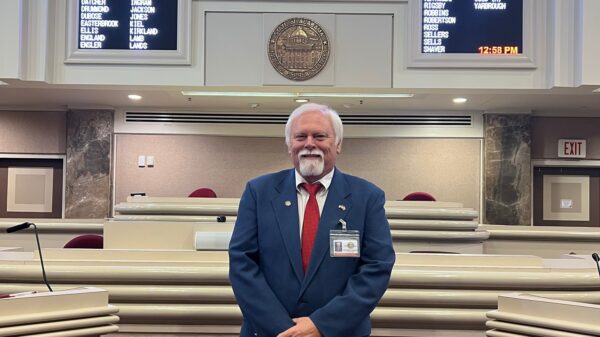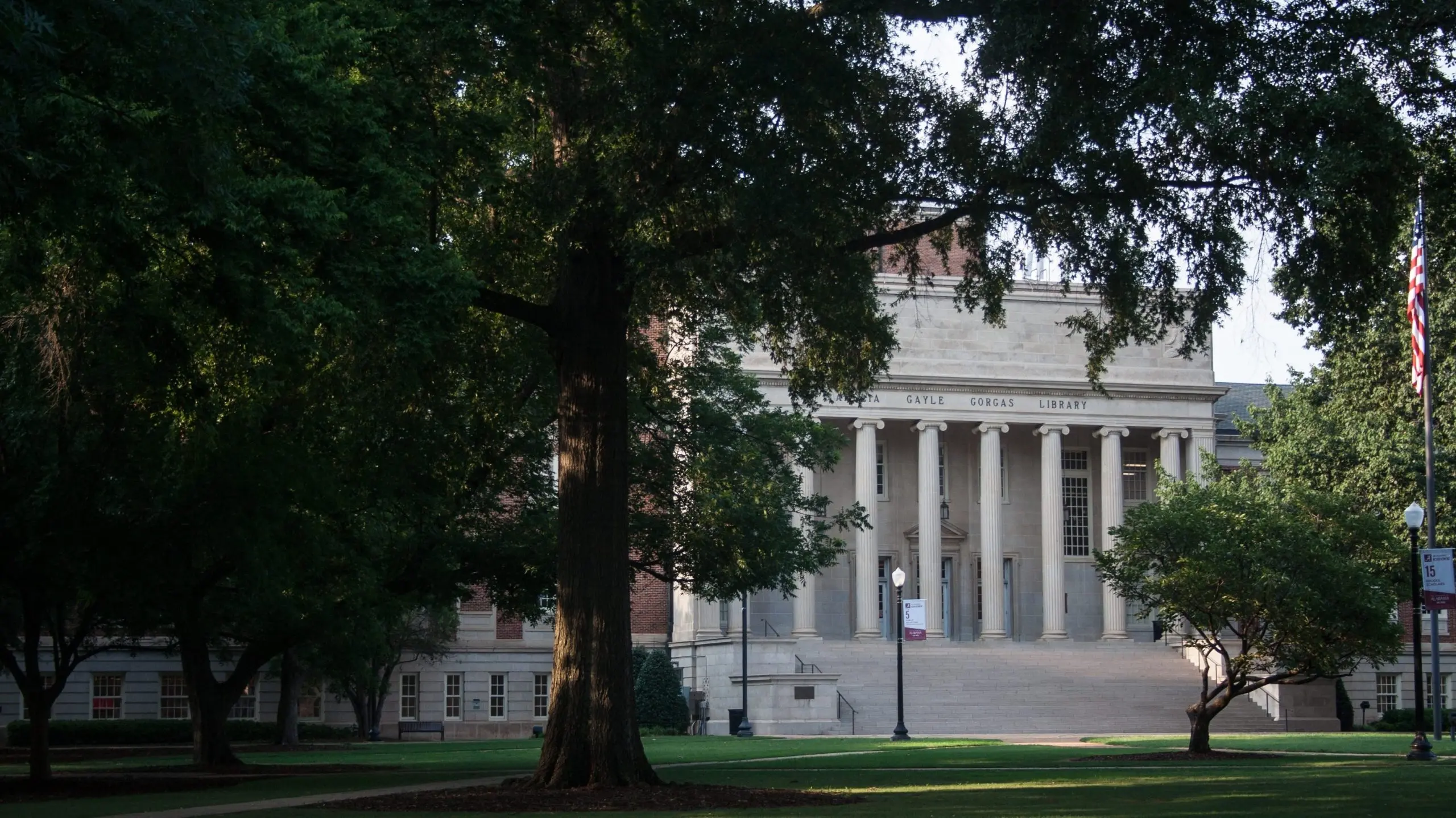On Tuesday, University of Alabama President Stuart Bell released a message detailing how UA will be conforming to SB129. As APR detailed during the legislative session, SB129 banned both diversity, equity, and inclusion programs and the teaching of “divisive concepts” at public colleges.
SB129 goes into effect on October 1, but the University of Alabama likely sought to make the transition before the fall semester begins in late August.
Bell wrote: “Among other modifications UA is making to ensure compliance, the Division of Diversity, Equity and Inclusion will close.”
He maintained, however, that “faculty, staff and students will continue to engage in free speech, exercise academic freedom, and join in wide-ranging thought and discussion on issues that impact our world.”
The Division of Diversity, Equity and Inclusion will be replaced by the new Division of Opportunities, Connections and Success. The former head of the DEI offices, Dr. Christine Taylor, will now lead the new division.
Alex House, UA’s assistant director of communications, told the UA student paper, The Crimson White, that “no UA employees are being terminated as a result of these changes.”
The DEI website has already been taken down and the Opportunities, Connections and Success website went live on Tuesday. The OCS website says the division will “promote access and engagement for everyone in the UA community” with a focus on its three titular areas.
UA programs meant to support members of minorities at the university also seem to have been affected by Tuesday’s switchover.
Elijah Doomes, the news editor for The Crimson White, reported that two UA programs focused at students of color have been discretely reimagined. Now they are “advertised for women and men in general who are interested in the experiences of people of color,” he writes.
One of the programs, Lucy’s Legacy, was named in honor of Autherine Lucy Foster, the first Black person to attend the University of Alabama.
The new UA website meant to explain the effects of SB129 describes new restrictions on UA instructors in detail. While many expressed concern about the potential for SB129 to chill speech earlier this year, UA claims the law does not “dilute academic freedom.”
The text of SB129 only prevents mandating students agree with or support a so-called divisive concept, or refuse to do so. The American Civil Liberties Union, however, wrote that the bill is “intended to have a chilling effect on discourse regarding race, class, sexuality, and national origin” and criticized the framing of these topics as inherently divisive.
Some instructors at the University of Alabama have already expressed concerns about students abusing the ban on promoting divisive concepts.
Beyond its effects on DEI and actual instruction, SB129 requires “every multiple occupancy restroom be designated for use by individuals based on their biological sex.”
This is reasonably understood as an iteration of the anti-transgender “bathroom bills” conservatives have sought to pass in many states recently.
However, UA’s DEI Guidance site says there will be no policy change on this front at the university. The website states “multi-occupancy restrooms will continue to be designated with signage related to biological sex” but no new measures appear to be planned at this time.
Chris Akor, a political science PhD student at UA, told APR that the “legislation’s intent and purpose are unclear.”
“It’s puzzling how a professor could require students to endorse ‘divisive concepts’ when their role is to scrutinize and debate ideas,” Akor said. “The only apparent purpose of this legislation seems to be political—to signal to or mobilize a specific constituency.”
The University of Alabama in Huntsville and the University of Alabama at Birmingham also announced they were closing their DEI offices in order to comply with SB129 on Tuesday.














































